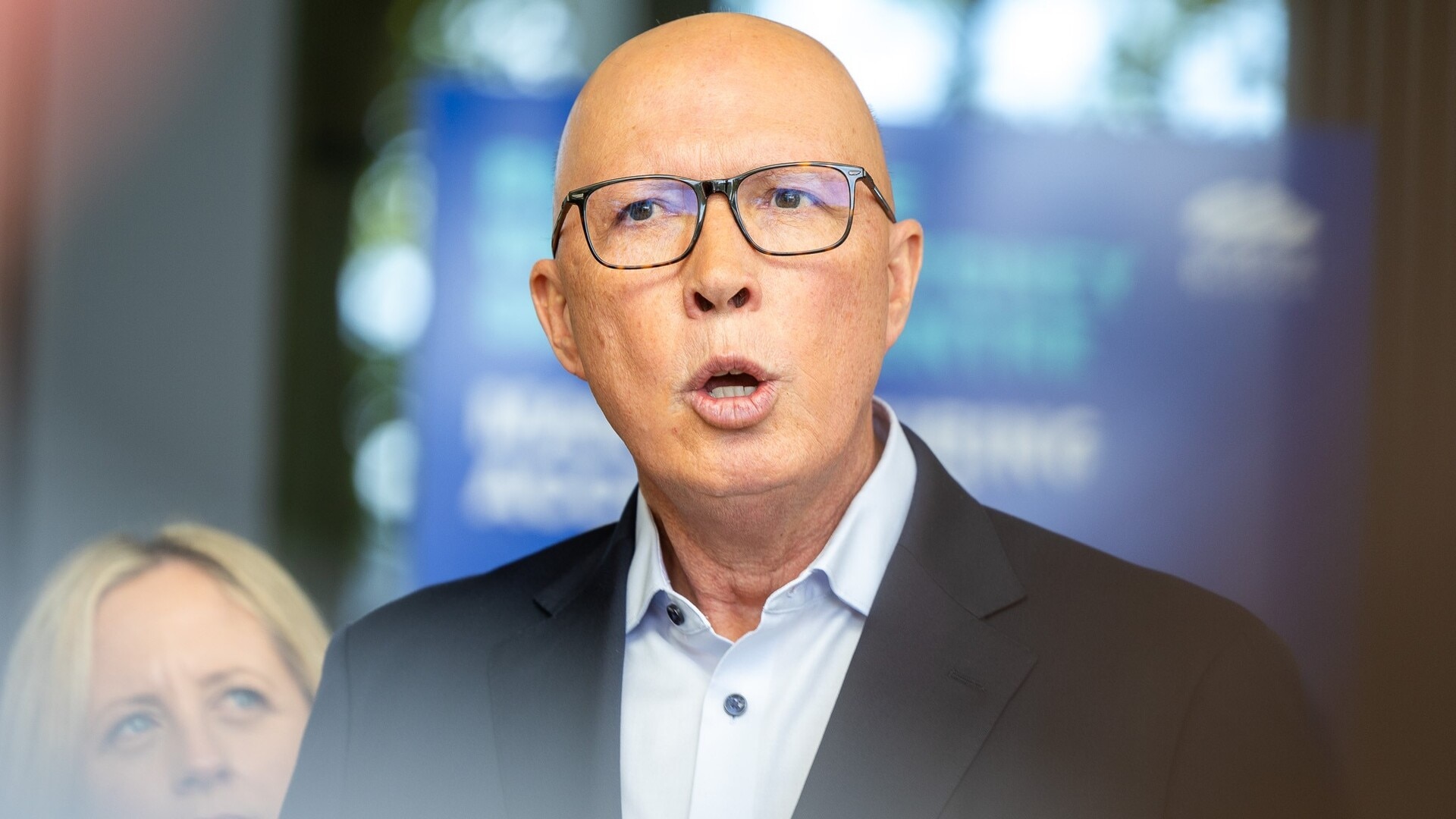Nationals Leader David Littleproud has refuted accusations of political rorts after the Coalition unveiled two new federal funds, worth $20 billion, to address stark gaps in living standards in regional towns.
Treasurer Jim Chalmers said the funds would “push debt up, not down” and that the Coalition would use the funds to “rort” money into politically aligned projects.
Mr Littleproud flatly denied the Treasurer’s accusations, labelling his comments as “puerile”.
Speaking in Bathurst Mr Littleproud said: “Jim (Chalmers) is not the most economically literate bloke I have met”, and that the fund would work in a similar manner to the Building Better Regions Fund that was operated by the previous government.
“This is about putting regional people first and leaving a legacy for future generations”, Mr Littleproud said in a statement.
Shadow Treasurer Angus Taylor on Thursday pledged that an elected Coalition government would move to establish two new federal subsidiary funds worth $20 billion, to be managed by the existing $286 billion future fund.
The future generations fund would be used to pay down national debt and invest in infrastructure needs through absorbing 60 per cent of annual commodity windfall gains, with the windfalls occurring when revenue exceeds Treasury forecasts.
Meanwhile, the regional Australia future fund would similarly receive another 20 per cent of annual commodity windfall collections, until the fund reached $20 billion, with its returns directed towards regional projects.
Effectively, the policy means an LNP government would channel 80 per cent of any commodity-fueled revenue booms into the two funds.
Speaking to journalists in Sydney, Mr Taylor said the policy was about ensuring mining windfalls do not “disappear”, vowing the funds will be “turned into lasting national assets and investments in future generations”.
He said the aim of the scheme was to build a pool of national wealth, like that of Norway’s sizeable sovereign wealth funds, stating that “the nature of commodity revenues is that they are volatile” and “that is why countries across the world have used funds like this”.

The Coalition outlined the RAFF would provide a yearly dividend of $1 billion each year to regional councils to then expand essential services and infrastructure projects, with the funds distributed through a competitive grants process.
Mr David Littleproud said that $1 billion would be redirected from the budget to the new regional fund to get cash flowing sooner for regional communities.
“The fund would need to be legislated, so while that’s happening, we would take that first billion dollars because we understand it will take time for the windfall to start topping up,” Mr Littleproud said in a statement.
Under the plan, the Coalition would also reinvest the $5 billion allocated to Labor’s rewiring the nation program, with Opposition Leader Peter Dutton vowing to scrap the transmission line scheme completely.
Australia currently has seven future funds, including the principal fund, which was first set up by the Howard government in 2006.
The fund currently contains around $225 billion and is governed by an independent board who decide where to invest the money, and how to grow the sum.
Mr Dutton has confirmed that an elected LNP government would further move to dissolve Labor’s $15 billion national reconstruction fund and the $10 billion housing Australia future fund, which invests up to $500 million a year into social and affordable housing from the interest that it earns.
Treasurer Jim Chalmers labelled the policy as the “latest hairbrained idea from Angus Taylor”.
Mr Chalmers, in a joint statement with Finance Minister Katy Gallagher, said that Labor had “saved most of the upward revisions to revenue”, returning about 70 per cent of tax upgrades to the budget’s bottom line, compared to 40 per cent under the previous Liberal government.
“This is a recipe for bigger deficits and more gross debt, not less. These new funds will mean that future revenue won’t be used to directly improve the bottom line or pay down debt.”


